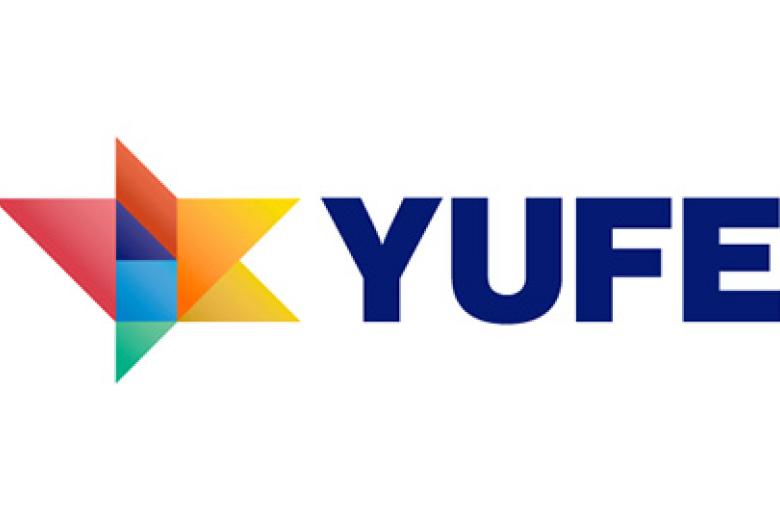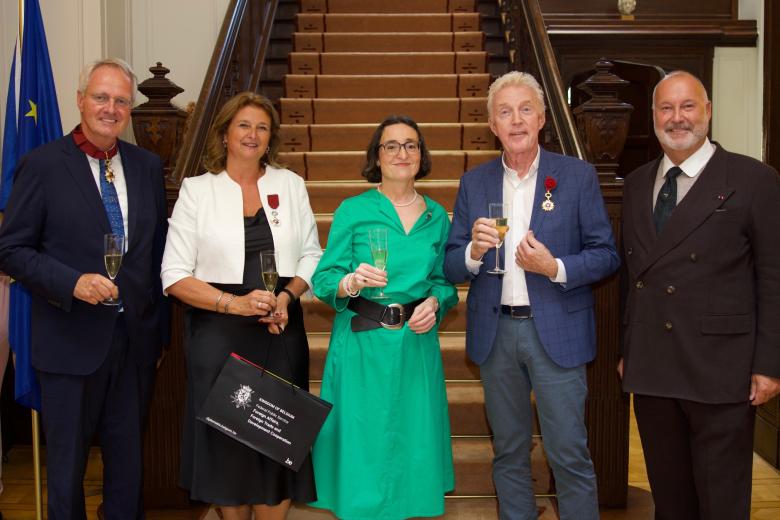ITEM research basis for innovative trajectory Flanders-Netherlands
On Wednesday 8 May, an innovative project to improve cross-border cooperation was launched by Flemish Prime Minister Bourgeois and State Secretary Knops. This project investigates how permits, procedures and other relevant regulations can be better coordinated in order to stimulate cross-border infrastructure. The initiative was supported by an initial inventory of the situation of North Sea Port, a merged Belgian-Dutch company. ITEM had been commissioned by the Province of Zeeland and the Ministry of the Interior and Kingdom Relations to look into the company's legal bottlenecks.
The merged port company North Sea Port (the ports of Ghent and Terneuzen) is no stranger to ITEM. The ITEM team with Dr. Nina Büttgen, Martin Unfried and Prof. Hildegard Schneider already investigated problem cases concerning differences in regulations in neighbouring countries the Netherlands and Belgium (Inventory of cross-border bottlenecks in the North Sea Port) In particular, it was found that administrative and bureaucratic burdens in the field of social security and taxation are a problem for the development of an integrated cross-border company. This means that, for example, the occupation of certain positions was strongly determined by the home or workplace of the employees. In the case of internal meetings held in a building across the border, employees also have to fill in extensive declarations themselves. In addition, annoyance was also observed due to differences in the training and competence of certain functions such as harbour master and harbourmaster.
In addition to these restrictions on the development of integrated human resource management, there are obstacles in the area of infrastructure and with regard to cross-border activities of companies based in the port. This concerns, for example, pipelines and pipelines for the future transport of CO2, or the transport of waste and certain goods across the border where differences in environmental legislation create additional administrative burdens.
With the follow-up process, the two governments now want to investigate how the Flemish and Dutch planning and permit regulations and appeal procedures can be better coordinated. It is also being investigated whether the legal instruments of the Benelux offer solutions and whether there are possibilities for experimentation regulations.
Prime Minister Bourgeois and State Secretary Knops have this process managed and followed by an administrative working group consisting of the Governor of Antwerp, Mrs. Cathy Berx, the Governor of East Flanders, (currently acting) Mr. Didier Detollenaere, former Vice President of the Council of State, Mr. Piet Hein Donner and Commissioner of the King in Zeeland, Mr. Han Polman.
Also read
-
Green light for UM participation in unique YUFE bachelor programme
The UM can start as a degree awarding partner in the new unique bachelor programme Urban Sustainability Studies offered by YUFE (Young Universities for the Future of Europe), an alliance of ten European universities. This week, the UM received a positive outcome of the macro due diligence assessment...

-
Professor Anouk Bollen-Vandenboorn appointed Knight in the Order of the Crown
Prof. Dr Anouk Bollen-Vandenboorn, Director of the Institute for Transnational and Euregional cross border cooperation and Mobility (ITEM) at the Faculty of Law, Maastricht University, was appointed Knight in the Order of the Crown on 3 July, during a formal ceremony at the Belgian Embassy in The...

-
Study Smart gets Dutch Education Premium
Maastricht University's (UM) interfaculty educational innovation project Study Smart is one of the three winners of the Dutch Education Premium 2025. This was announced on Tuesday during the Comenius festival in The Hague.
